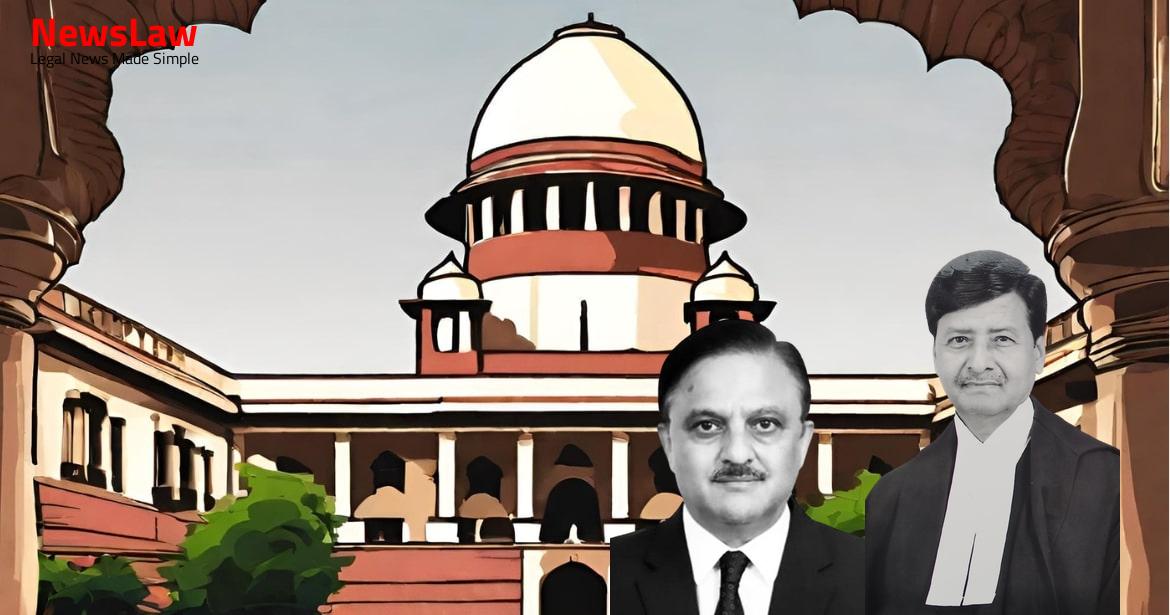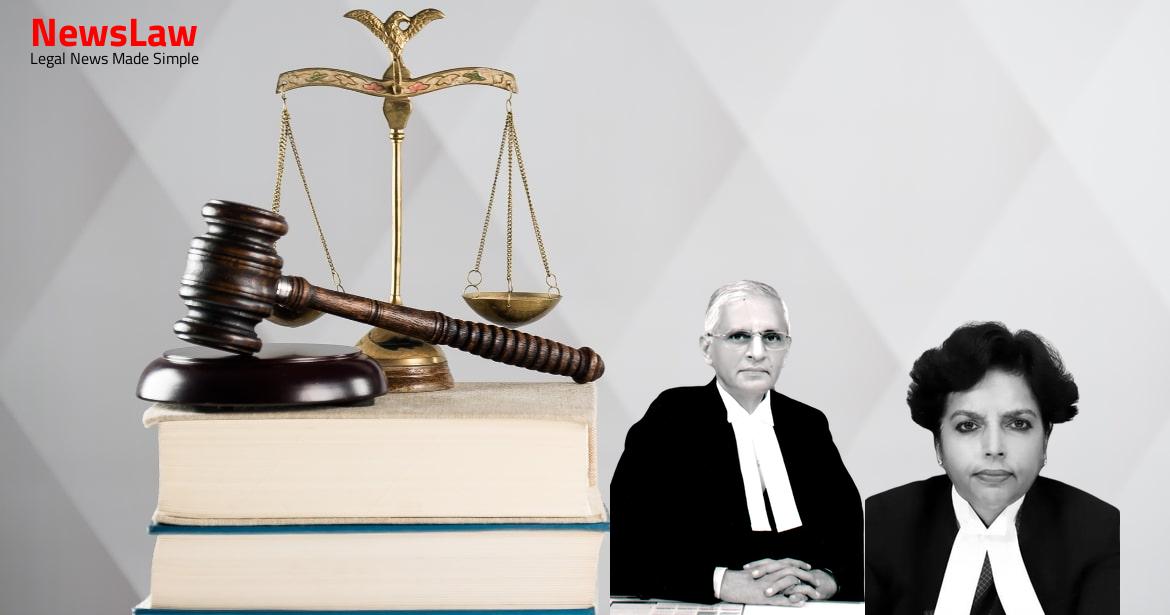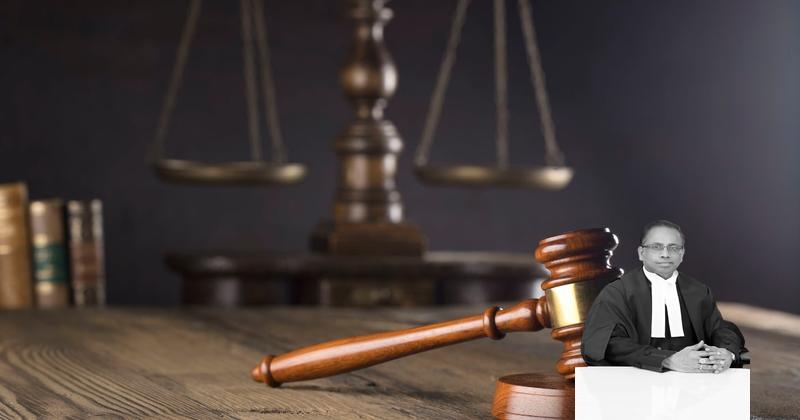Delve into the detailed legal analysis of a case where the court scrutinized the demand and acceptance of a bribe by a public servant. The court emphasized the necessity of establishing both elements for conviction under the relevant sections of the PC Act. This summary highlights the significance of proving the demand, the challenges in establishing the offense, and the court’s careful assessment of the evidence presented during the trial.
Facts
- The appellant demanded a bribe of Rs.3,000 for issuing an assessment order.
- She reiterated the demand for the bribe for three consecutive days.
- A trap was laid by PW1 and the Anti-Corruption Bureau (ACB) after the appellant’s demand.
- The appellant was found with tainted currency notes in her table drawer.
- The numbers on the currency notes matched with the pre-trap proceedings.
- The seizure was carried out after necessary formalities.
- The appellant took out a diary from her table drawer to accept the tainted currency notes.
- The prosecution alleged that the appellant took the bribe indirectly by using the diary.
- The appellant’s role as a Commercial Tax Officer was highlighted in the prosecution’s case.
- The complainant, PW1, was a supervisor at the Farmers’ Service Co-operative Society and was involved in filing tax returns.
- The Special Court determined that the demand and acceptance of bribe were proven by the prosecution.
- This finding was upheld by the High Court.
- The conclusion was based on the evidence and arguments presented during the case.
Also Read: Admission Deadline Adherence in Medical Courses
Arguments
- The sodium carbonate test was conducted, but the appellant’s fingers did not turn pink, indicating the acceptance of currency notes was not established.
- The alleged recovery of currency notes was shown from a diary, but it has not been proved.
- The demand and acceptance of bribe must be established for the presumption under Section 20 of the PC Act to apply.
- The appellant’s statement under Section 313 of the CrPC mentioned her defense that she went to the washroom before leaving the office at the relevant time.
- The defense argued that the demand and acceptance of bribe were not proved.
- The notice issued by the appellant to the Society recorded a nil net turnover for a specific year.
- The appellant’s defense highlighted that the currency notes were intentionally kept in her diary by another individual during her absence.
- The demand for a bribe by the appellant was not proved, casting doubt on the prosecution’s case.
- The recovery of currency notes was not adequately proven.
- The defense emphasized that the Courts erred in convicting the appellant.
- Tainted notes were found in the diary of the appellant, kept in the table drawer controlled by the respondent.
- The respondent produced the diary with the tainted notes from her custody after opening the drawer with keys she possessed.
- The appellant did not issue the final assessment order despite communication to the Society, according to the respondent’s submission.
- The Special Court and High Court based their findings on evidence, as per the respondent’s submission.
- The respondent argues against interference under Article 136 of the Constitution of India.
- The demand for the final assessment order was made on the day of the trap as highlighted by the respondent.
- The continuous demands by the appellant, mentioned by PW1, are considered trustworthy and not falsely implicated, as per the respondent.
Also Read: From Nominee to Disqualified: Supreme Court Scrutinizes Age Evidence, Declares Election Invalid
Analysis
- The evidence presented by PW1 regarding the demand for bribes by the appellant is considered unreliable.
- The witness LW8 did not accompany PW1 inside the appellant’s chamber during the trap, casting doubt on the prosecution’s case.
- There are inconsistencies in the statements made by PW1 regarding the demands made by the appellant on different dates.
- The prosecution failed to conclusively prove the demand made by the appellant.
- The acceptance of illegal gratification without proof of demand is insufficient to establish the offense under Section 7 of the PC Act.
- The case revolves around the demand of Rs.3,000 by the appellant for passing an assessment order.
- The importance of proving both the demand and acceptance of bribes by a public servant for conviction under the relevant sections of the Act is emphasized.
- The principle of pre-arrest bail is well-established
- The courts should be circumspect in exercising their discretion in granting pre-arrest bail
- The power to grant pre-arrest bail should be exercised sparingly and in exceptional circumstances
- The nature and gravity of the accusation, the antecedents of the applicant, the possibility of his absconding, tampering with the evidence or threatening the witnesses have to be considered while granting pre-arrest bail
- In this case, the demand for illegal gratification by the appellant was not proven by the prosecution.
- The essential requirement of demand, which is necessary for establishing the offence under Section 7, was not established.
Decision
- Appeal allowed
- Impugned Judgments set aside
Case Title: K. SHANTHAMMA Vs. THE STATE OF TELANGANA (2022 INSC 213)
Case Number: Crl.A. No.-000261-000261 / 2022



